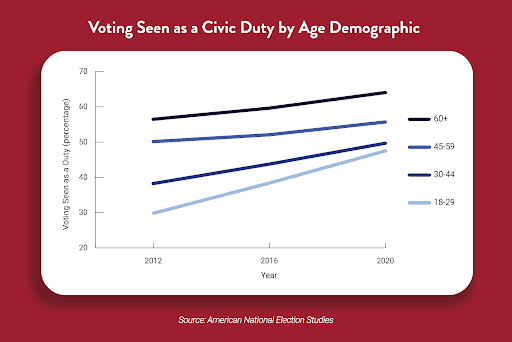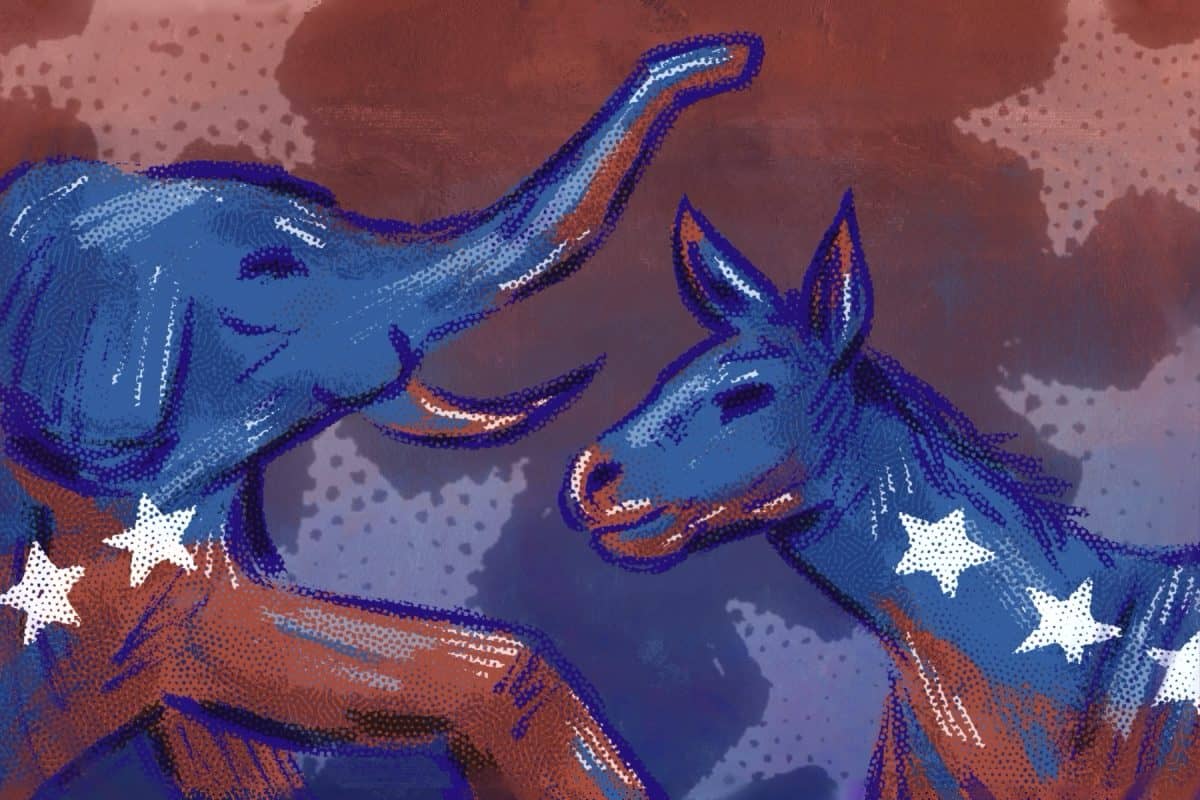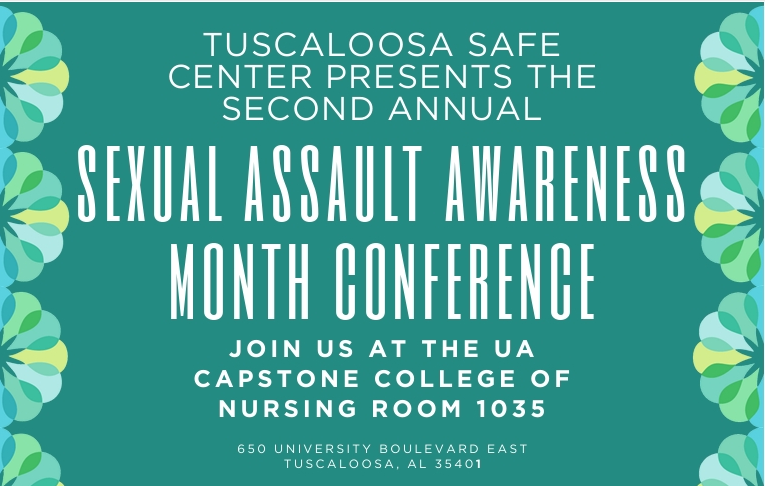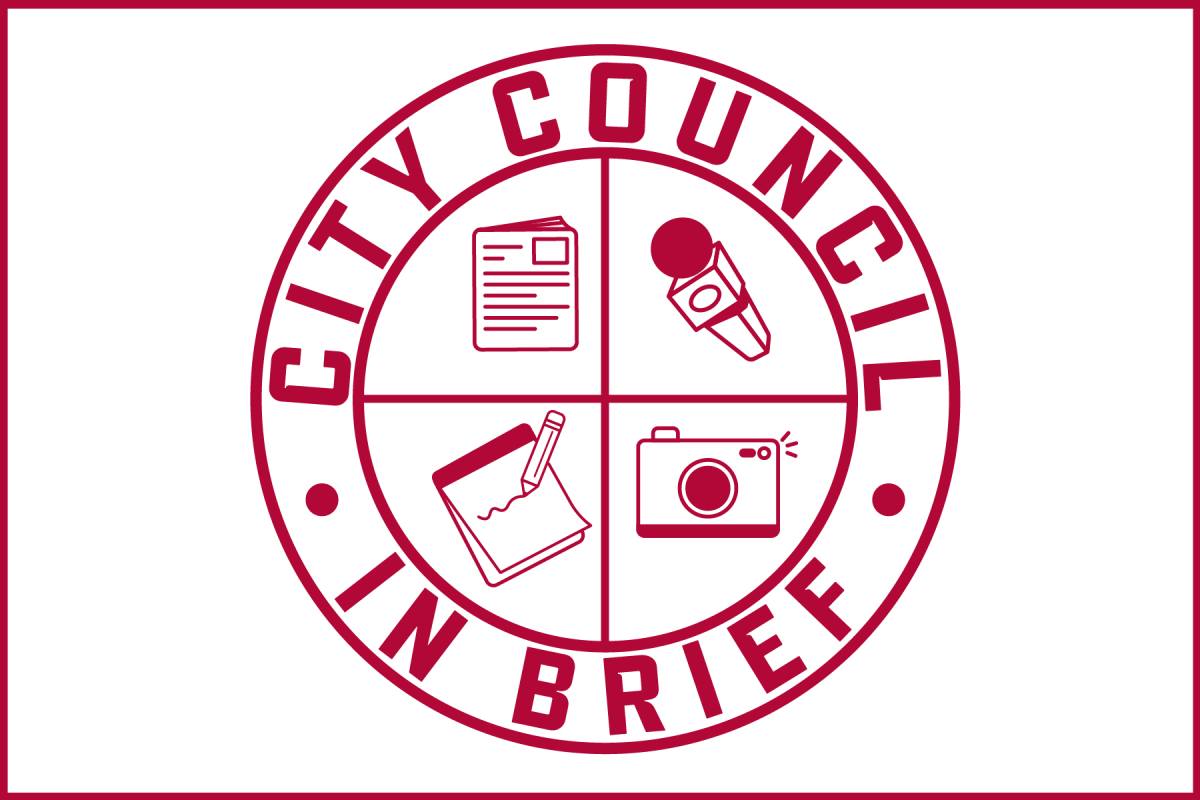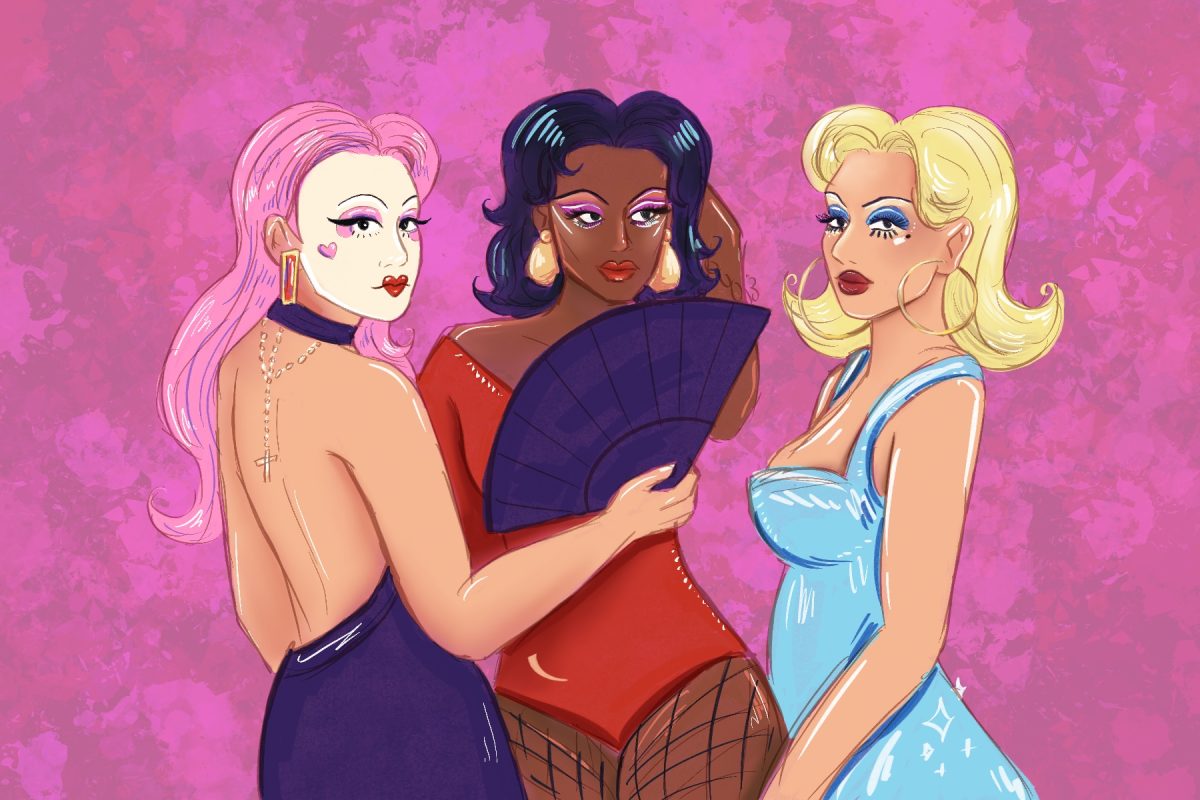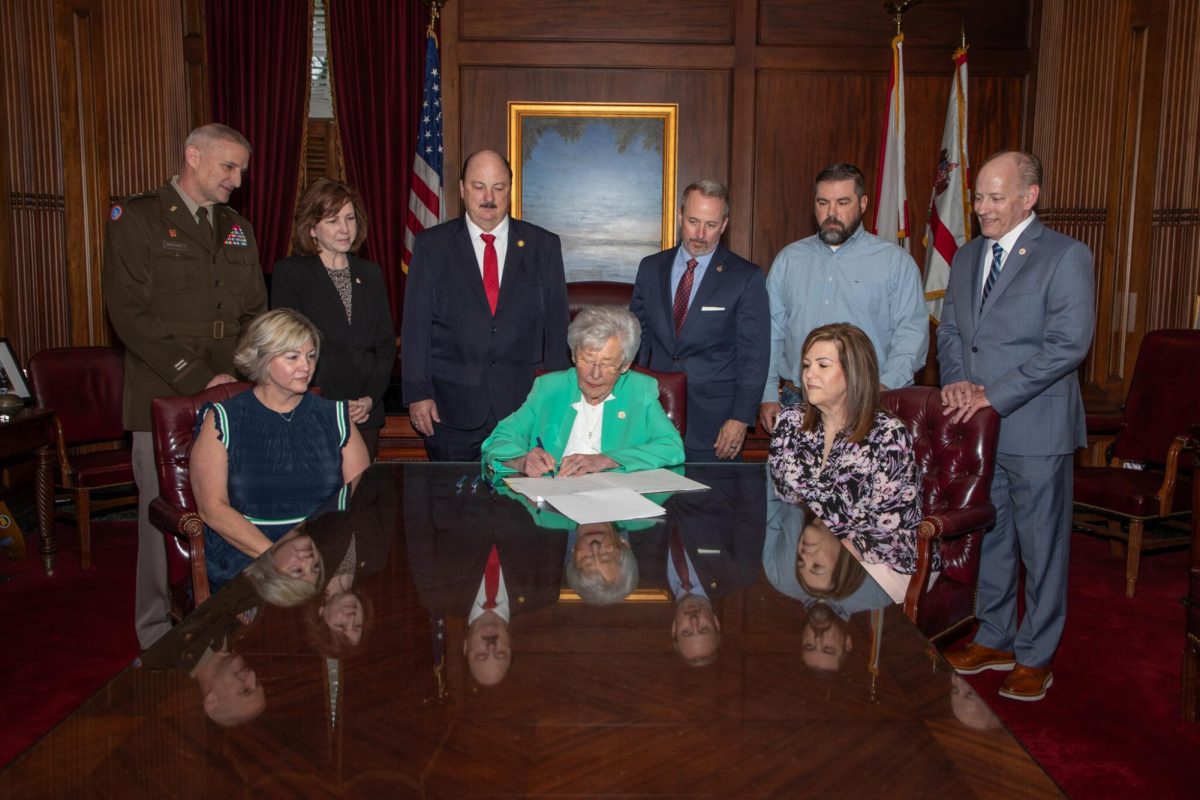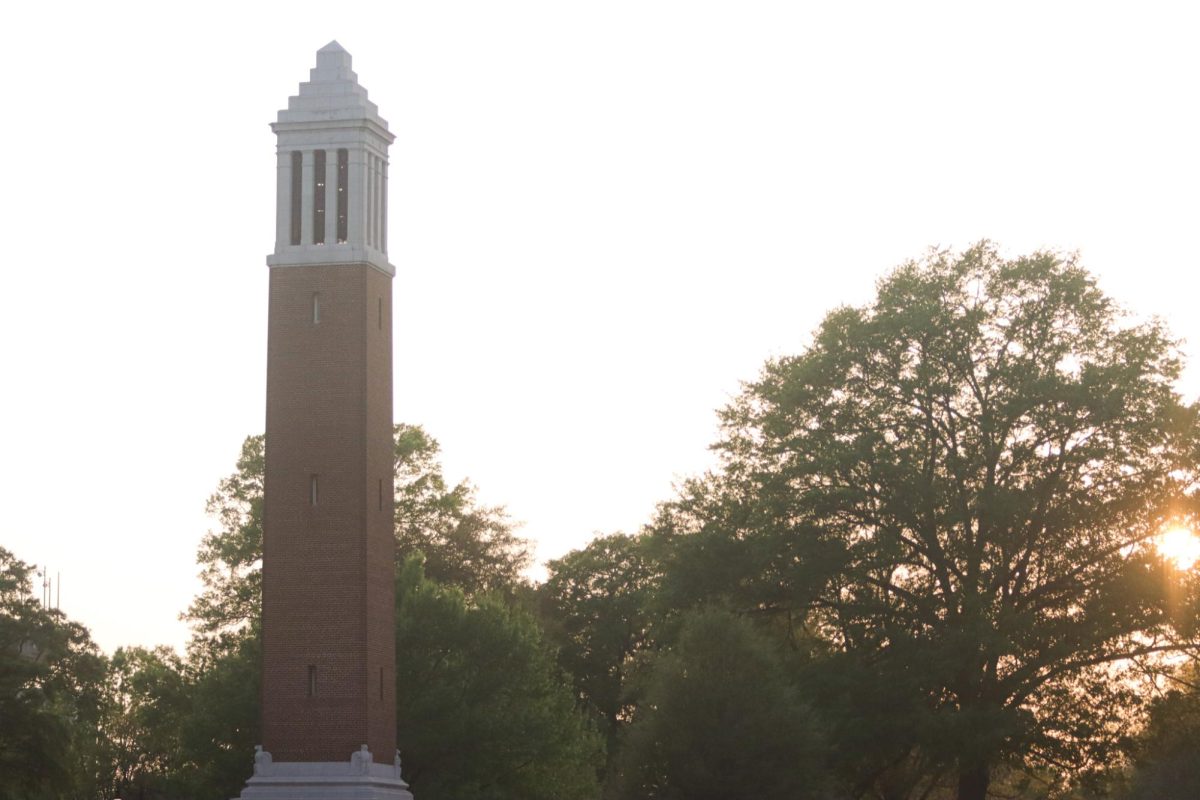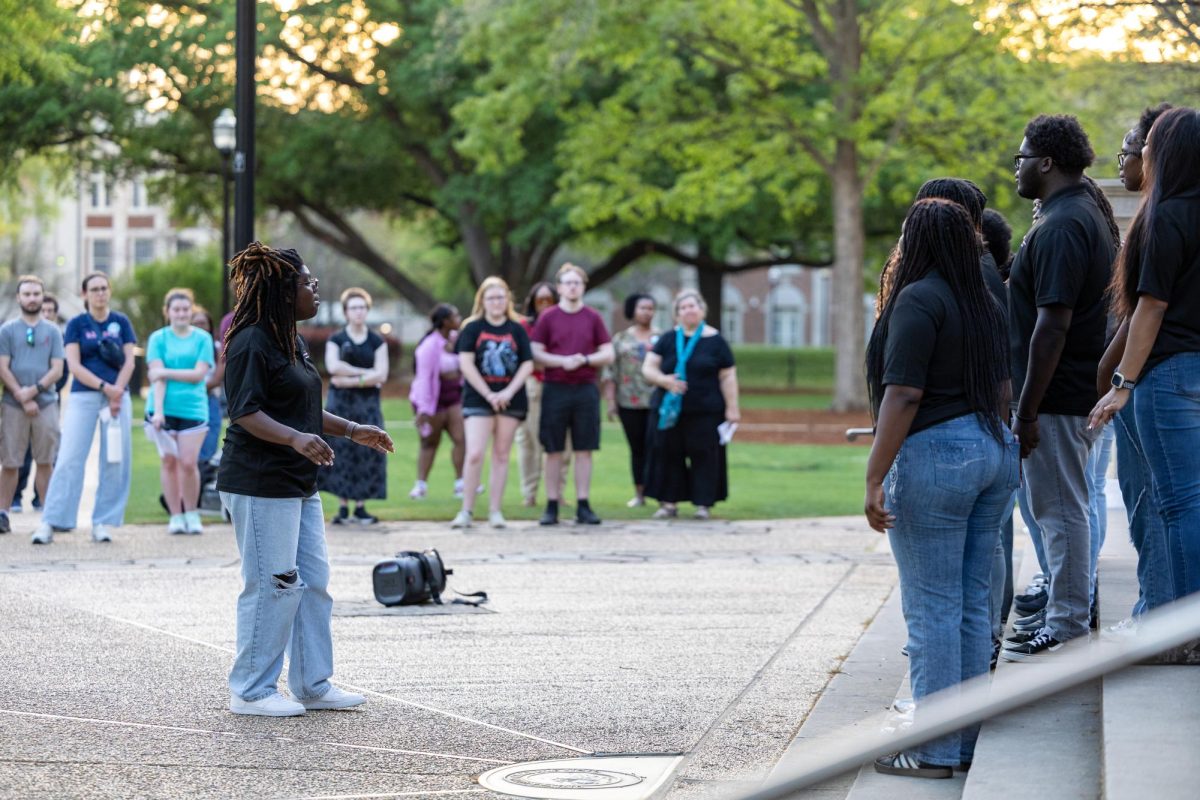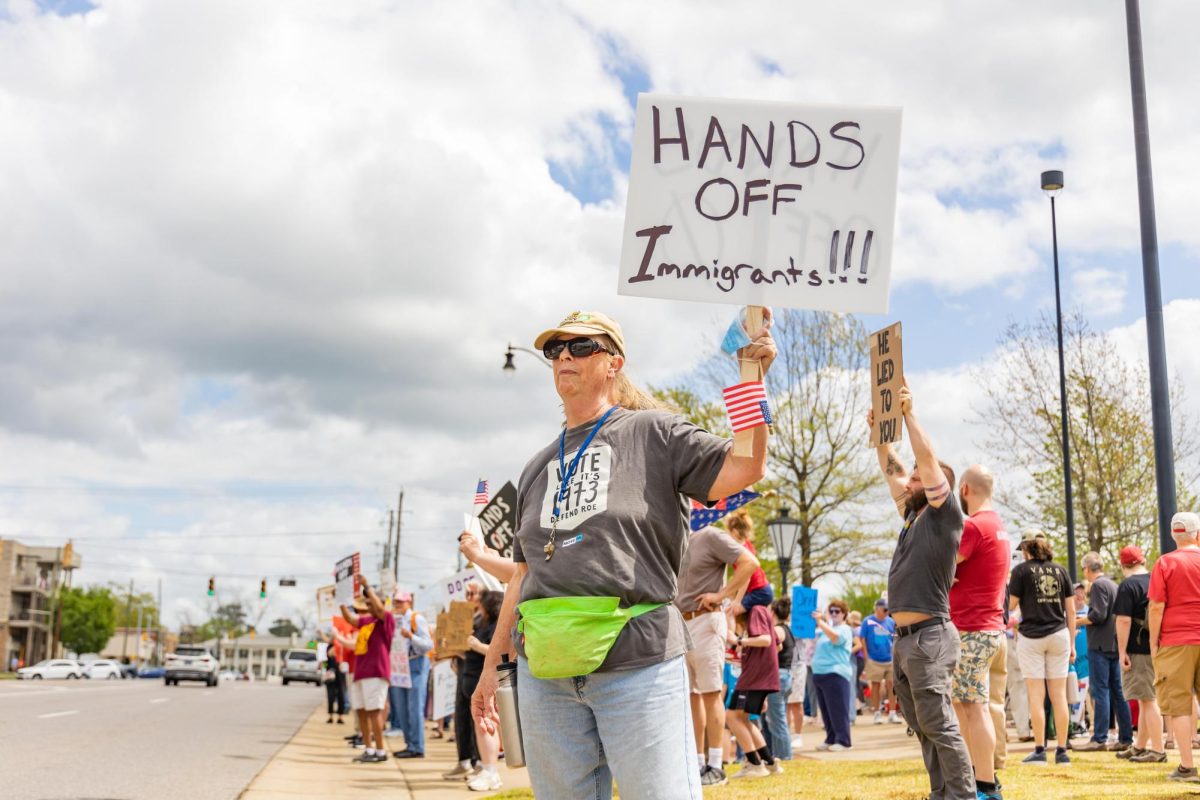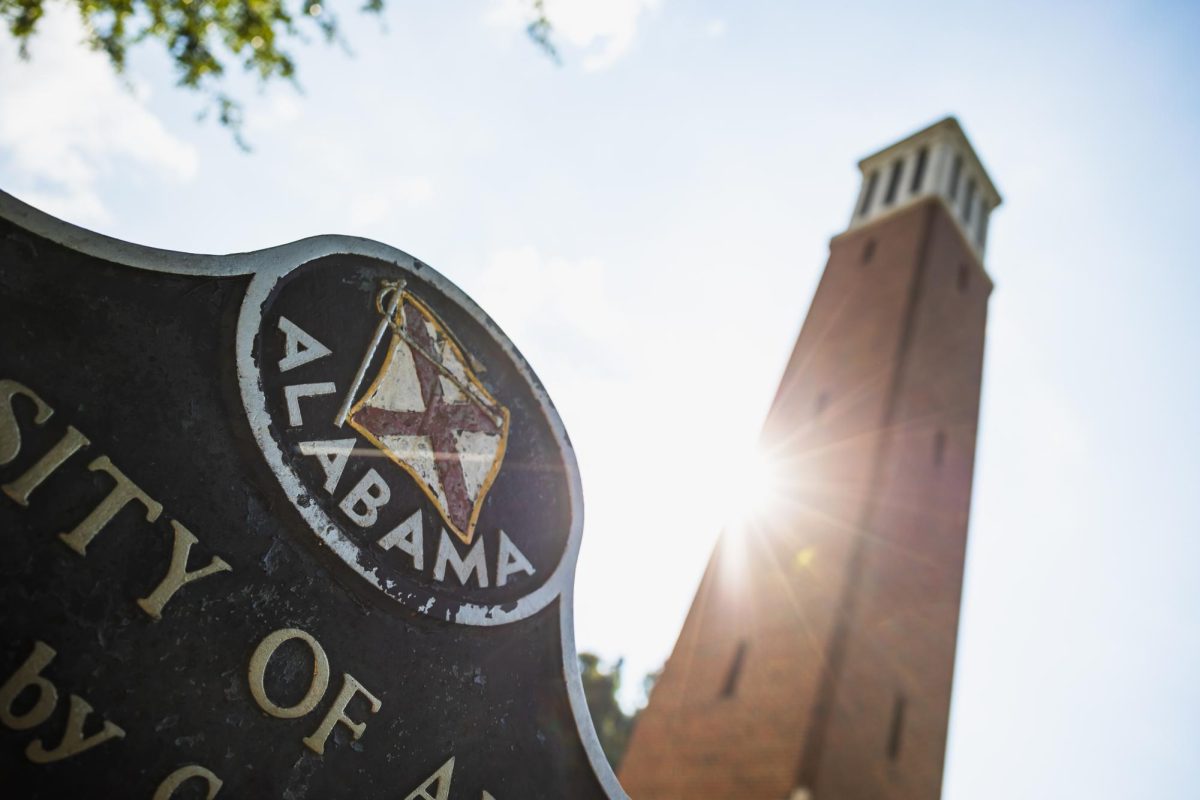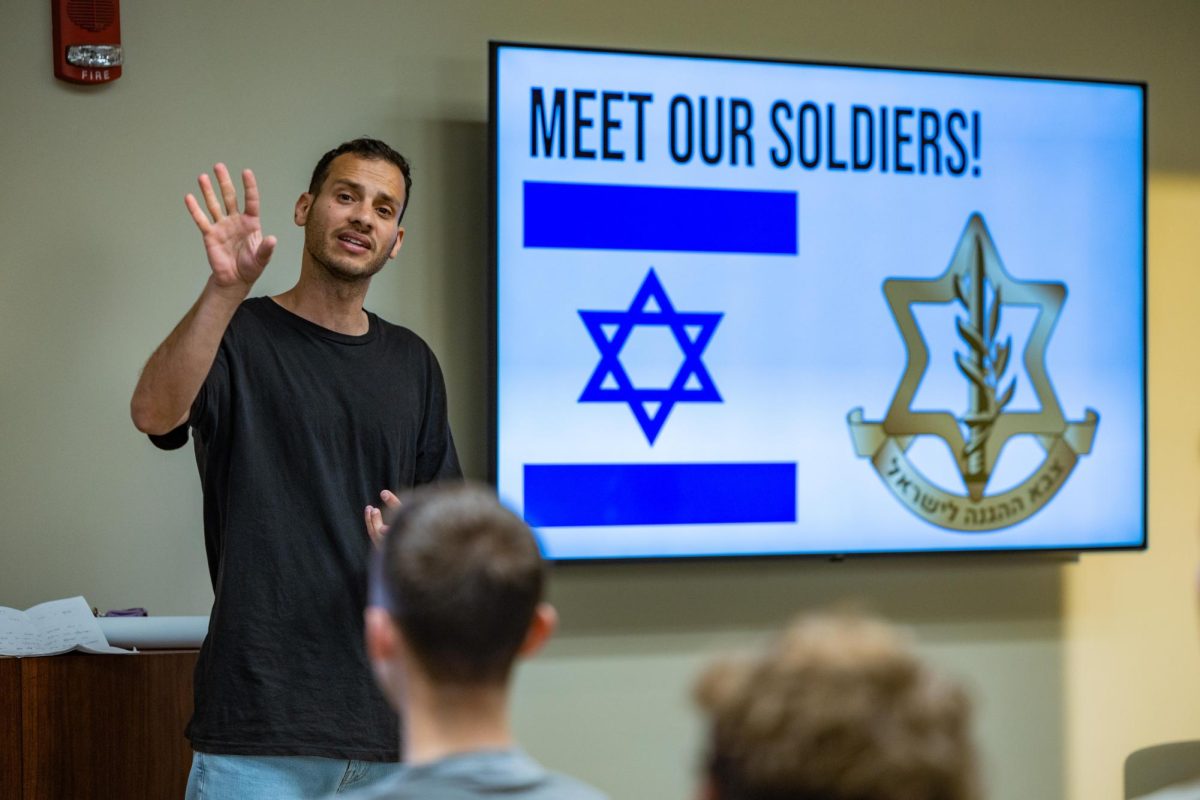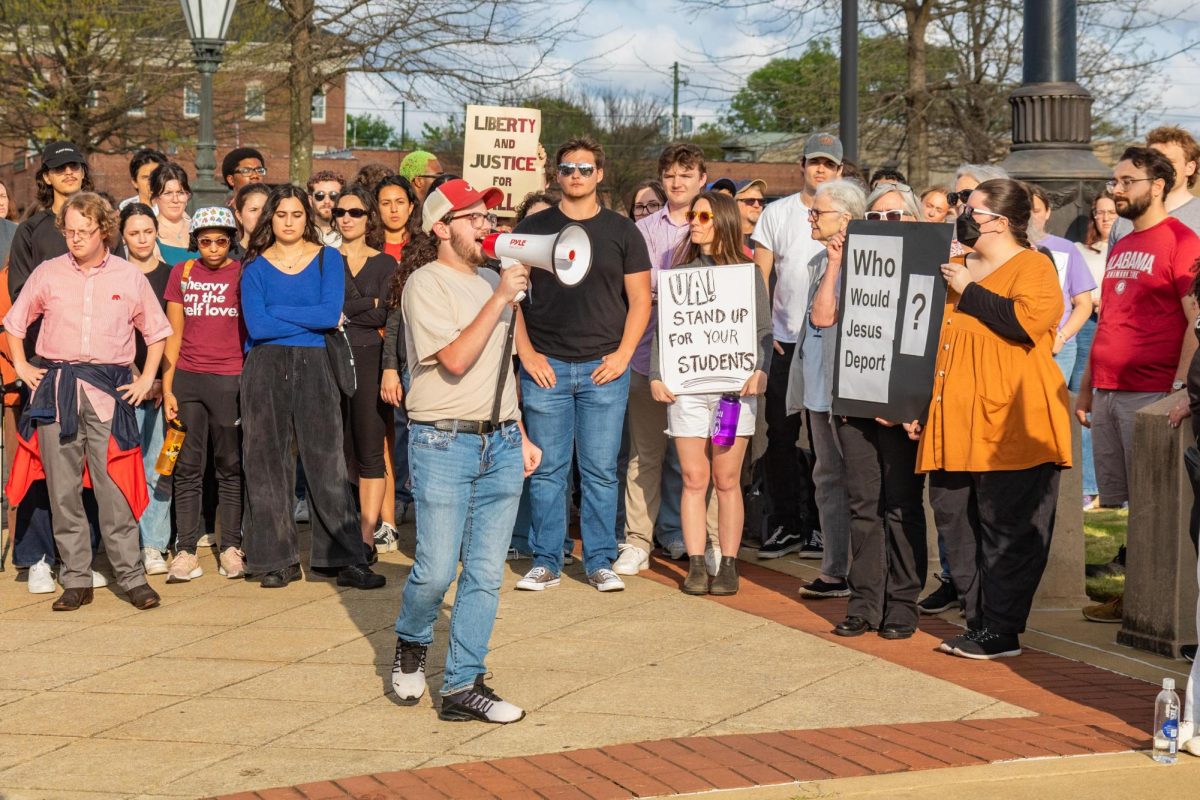With the general election just over two months away, many college students are preparing to cast their ballots. But not all.
Some, like freshman accounting major Brendon Cotton, will exercise what he calls his “right to not vote.”
For students like Cotton and freshman psychology major Noah Kantor, the reasons for sitting out the election are simple — they feel that nobody running satisfactorily represents their interests and that the leading Republican, Donald Trump, and Democrat, Kamala Harris, would not do a good job in office.
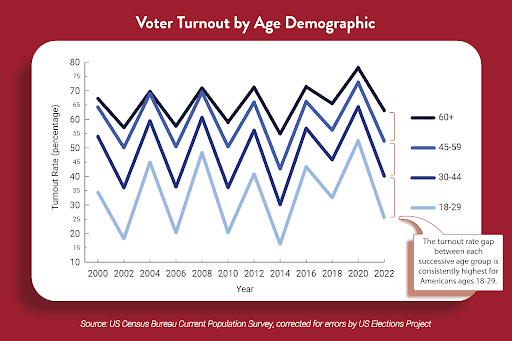
“I don’t believe that either of the candidates that we have right now are capable of doing a proper job at the moment,” Kantor said. “I kind of look at it as a lose-lose situation, and I think that voting for either of them isn’t going to do any good.”
This November, millions more young Americans will sit out the vote, part of a long trend of young people voting less frequently than older age groups.
While youth turnout has risen in recent years, reaching historic highs in recent elections, the discrepancy between age groups is still clear.
The reason for the turnout gap is what Nicholas Davis, assistant professor of political science at the University, calls a “puzzle” in research, but experts do point to several factors that may play a role.
Voter apathy
Davis said that pressing issues predominantly affecting young Americans that seem to go unresolved, such as rising costs of housing, can spark indifference in voters that leads them not to vote.
A survey from Tufts University showed that 32% of voters ages 18-29 cited a lack of interest as their reason for not voting in the 2022 midterms. But Davis believes apathy isn’t the greatest explanation for the lack of youth turnout.
“Some of this research suggests that the motivation to vote does not vary across age cohorts,” Davis said. “The trouble, of course, is that we know that they just don’t vote at the same rates.”
According to the textbook “Making Young Voters: Converting Civic Attitudes into Civic Action,” the mathematical difference between the proportion of voters who intend to vote and those who follow through is considerable between the youngest and oldest age groups: 32% and 15.2%, respectively. In other words, the gap between reported intention to vote and actual turnout is over twice as high among young voters.
Though he isn’t as engaged in politics as he would like to be, Cotton, like Kantor, said a lack of engagement is not his reason for not voting.
“I’m engaged enough to realize that I don’t see a fit candidate that I would vote for,” Cotton said.
Age of candidates
To Cotton, whose political beliefs lean to the right, Trump’s age and apparent mental decline make him unfit for office. Trump is 78, and like his former opponent, 81-year-old President Joe Biden, he has been criticized for a number of public gaffes.
“Maybe the most important issue is really just having younger people represent us and our voices, no matter what their political beliefs are,” said freshman general business major Reid Nagle, who plans to vote for independent candidate Robert F. Kennedy Jr.
It’s these concerns about the age of candidates that make young Americans feel less represented and less inclined to vote, Davis said, even as candidates focus on partisanship.
“When you’re a younger person, and you don’t ever get a bite of the apple, and the only thing that you have to go on is partisanship, on some level that’s kind of a thin meal,” Davis said.
Constraining the rules of the game
The biggest cause of low turnout Davis cited is what he called efforts to “constrain the rules of the game.”
“The story of youth turnout tends to be that because younger people have more instability, … it is just a challenge for those folks to know much about how local registration rules operate,” Davis said.
States set their own rules for registration and voting, leading to widely different processes across the country. Some states offer same-day registration on election day, for instance, while others require that voters be registered before election day.
“Young people tend to be more mobile than older Americans, and registering to vote is not usually the first [thing] people think to do when they change addresses. Many of them are simply not registered,” said George Hawley, associate professor of political science.
Teaching the rules
Several campus organizations exist to educate students about how to vote, including Vote Everywhere UA and Crossroads. A student group and University-run civic engagement center, respectively, the two often collaborate on “get out the vote” initiatives, such as tabling events and other informational campaigns involving several other University organizations.
With the majority of UA students coming from out of state, Vote Everywhere ambassador Rolland Grady said that students often must fill out absentee ballots.
“Requesting one takes a lot of time and planning, and a lot of students might not just think that much about it,” said Grady, who also works at Crossroads. “Some people just forget, and then once they remember, they don’t have the time or the resources to be able to go home for election day and make sure that their voices are heard.”
To help students learn how to register, Crossroads offers resources on its UA Votes webpage, including “TurboVote,” which allows students to enter their address and learn how to register and, if necessary, obtain absentee ballots.
“I have now lived long enough to be part of several elections, and there were times when I didn’t think it mattered, and in the end, it absolutely came down to a few votes,” said Lane McLelland, executive director of Crossroads. “But if you don’t vote, it definitely won’t matter.”
The solution
“The solution is just trying to create institutions that are more compassionate to real people. We want to make voting easier, not harder,” Davis said, citing early voting, mail-in ballot and same-day voter registration initiatives as ways to better facilitate Americans’ right to vote.
But for Cotton and Kantor, a different solution is necessary: politicians who better represent them.
Until then, they’ll be exercising their “right to not vote.”
